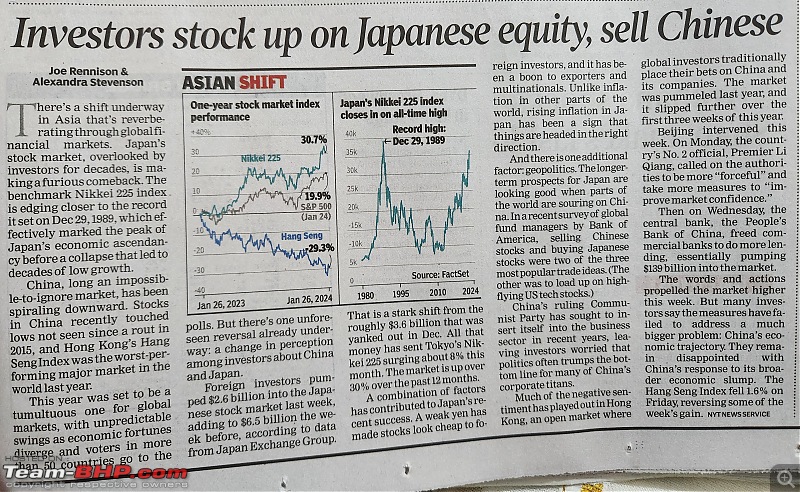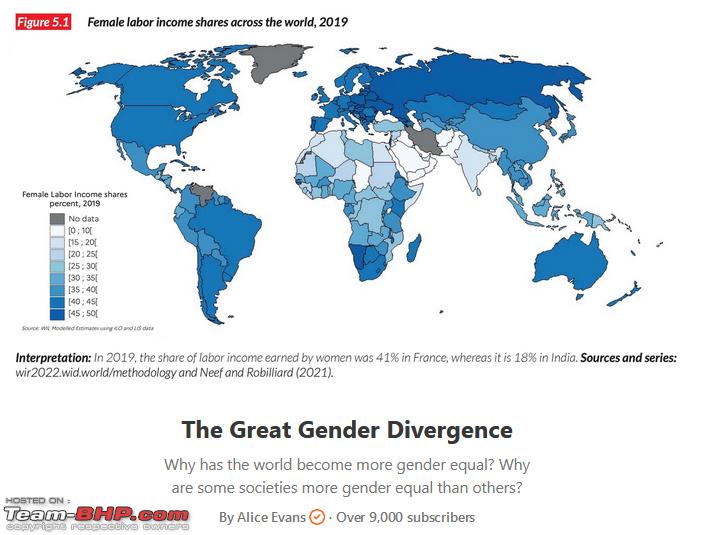| | #1576 |
| Team-BHP Support  | |
| |  (2)
Thanks (2)
Thanks
|
| |
| | #1577 |
| BHPian Join Date: Sep 2010 Location: Bengaluru
Posts: 204
Thanked: 3,203 Times
| |
| |  (2)
Thanks (2)
Thanks
|
| | #1578 |
| Team-BHP Support  | |
| |  (1)
Thanks (1)
Thanks
|
| | #1579 |
| BHPian Join Date: Aug 2019 Location: BAH / MCT
Posts: 978
Thanked: 5,293 Times
| |
| |  (3)
Thanks (3)
Thanks
|
| | #1580 |
| Distinguished - BHPian  Join Date: Apr 2005 Location: AU
Posts: 2,352
Thanked: 7,510 Times
| |
| |  (2)
Thanks (2)
Thanks
|
| | #1581 |
| BHPian Join Date: Aug 2007 Location: Banaglore
Posts: 661
Thanked: 2,298 Times
| |
| |  (4)
Thanks (4)
Thanks
|
| | #1582 |
| Distinguished - BHPian  | |
| |  (13)
Thanks (13)
Thanks
|
| | #1583 |
| Team-BHP Support  | |
| |  (6)
Thanks (6)
Thanks
|
| | #1584 |
| Distinguished - BHPian  | |
| |  (4)
Thanks (4)
Thanks
|
| | #1585 |
| Distinguished - BHPian  | |
| |  (1)
Thanks (1)
Thanks
|
| | #1586 |
| Distinguished - BHPian  | |
| |  (3)
Thanks (3)
Thanks
|
| |
| | #1587 |
| Distinguished - BHPian  Join Date: May 2010 Location: Bangalore
Posts: 1,964
Thanked: 12,671 Times
| |
| |  (6)
Thanks (6)
Thanks
|
| | #1588 |
| Team-BHP Support  | |
| |  (4)
Thanks (4)
Thanks
|
| | #1589 |
| Team-BHP Support  | |
| |  (5)
Thanks (5)
Thanks
|
| | #1590 |
| Distinguished - BHPian  Join Date: May 2010 Location: Bangalore
Posts: 1,964
Thanked: 12,671 Times
| |
| |  (2)
Thanks (2)
Thanks
|
 |
Most Viewed








